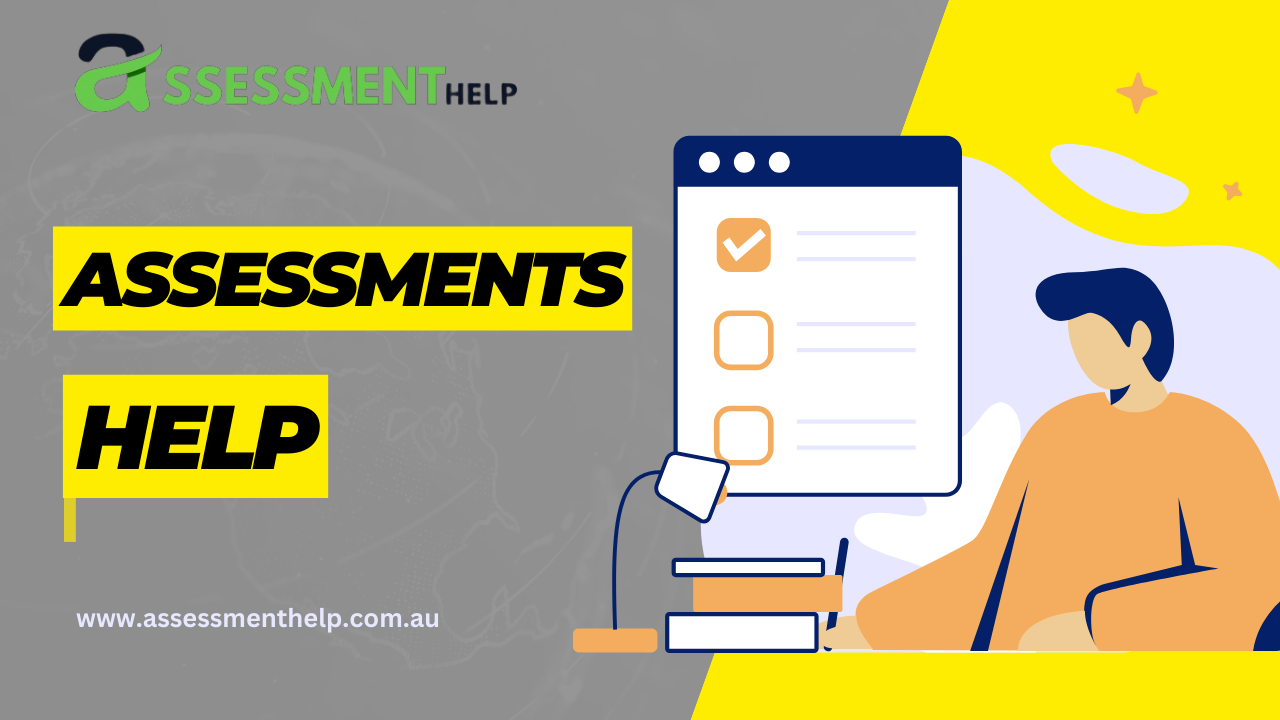Understanding oneself is the cornerstone of personal and professional growth. In this comprehensive guide, we delve into the realm of self-assessment help—a vital tool for unlocking your true potential.
What is Self Assessment Help?
Self-assessment is a process of introspection and evaluation aimed at gaining insights into one’s strengths, weaknesses, and areas for improvement. It involves reflecting on past experiences, setting goals, and identifying strategies for growth.
Understanding Self Assessment
Defining self-assessment
Self-assessment is more than just a self-reflection exercise; it’s a proactive approach to self-improvement. By critically evaluating your skills, values, and goals, you can make informed decisions and chart a path towards success.
Benefits of self-assessment
Assessment Help offers a multitude of benefits, including heightened self-awareness, increased clarity of goals, and enhanced decision-making abilities. It empowers individuals to take ownership of their development and pursue continuous growth.
Importance of Self Assessment Help
Personal growth
Self-assessment is a catalyst for personal growth, enabling individuals to identify their strengths and areas for development. By embracing self-awareness and self-reflection, individuals can cultivate resilience, adaptability, and a growth mindset.
Professional development
In the professional realm, self-assessment is invaluable for career advancement. By assessing their skills, accomplishments, and aspirations, individuals can identify opportunities for skill enhancement, career progression, and professional fulfillment.
Self Assessment Techniques
Reflective journaling
Reflective journaling involves recording thoughts, experiences, and insights on a regular basis. It provides a structured framework for self-reflection and promotes deep introspection.
SWOT analysis
SWOT (Strengths, Weaknesses, Opportunities, Threats) analysis is a strategic planning tool used to evaluate internal strengths and weaknesses, as well as external opportunities and threats. It helps individuals identify areas of improvement and capitalize on their strengths.
Peer feedback
Peer feedback involves soliciting input from colleagues, mentors, or trusted individuals. It provides valuable perspectives and insights, fostering a culture of collaboration and continuous improvement.
Tips for Effective Self Assessment
Setting clear goals
Setting clear, measurable goals is essential for effective self-assessment. Define specific objectives, timelines, and criteria for success to stay focused and motivated throughout the process.
Seeking feedback
Seeking feedback from diverse sources is crucial for gaining comprehensive insights into your performance and behavior. Be open to constructive criticism and use it as a springboard for growth.
Time management
Effective time management is key to maximizing the benefits of self-assessment. Allocate dedicated time for reflection, analysis, and action planning to ensure consistent progress towards your goals.
Self Assessment Tools
Online platforms
Numerous online platforms offer self-assessment tools and resources to support personal and professional development. From personality assessments to skill inventories, these tools provide valuable insights and guidance.
Templates and worksheets
Templates and worksheets simplify the self-assessment process by providing structured frameworks for reflection and goal setting. Utilize these resources to organize your thoughts and track your progress effectively.
Self Assessment Help FAQs
What is self-assessment?
Self-assessment is a process of introspection and evaluation aimed at gaining insights into one’s strengths, weaknesses, and areas for improvement.
How often should I conduct self-assessment?
The frequency of self-assessment depends on individual preferences and goals. Some individuals prefer to conduct self-assessment quarterly, while others may do so annually or semi-annually.
Can self-assessment help in career advancement?
Absolutely. Self-assessment enables individuals to identify their strengths, weaknesses, and career aspirations, thereby guiding informed decisions and actions towards career advancement.
How do I stay motivated during self-assessment?
Staying motivated during self-assessment requires setting meaningful goals, celebrating small victories, and maintaining a positive mindset. Surround yourself with supportive peers and mentors to stay inspired and focused.
Is self-assessment only for individuals?
While self-assessment is primarily a personal endeavor, organizations also use it for performance evaluations, team development, and succession planning.
Are there any risks associated with self-assessment?
While self-assessment offers numerous benefits, it’s essential to approach it with caution. Common risks include bias, overconfidence, and lack of accountability. Seek feedback from diverse sources to mitigate these risks effectively.
Conclusion
In conclusion, self-assessment help is a powerful tool for personal and professional growth. By embracing self-awareness, setting clear goals, and leveraging effective techniques and tools, individuals can unlock their full potential and thrive in their endeavors.

